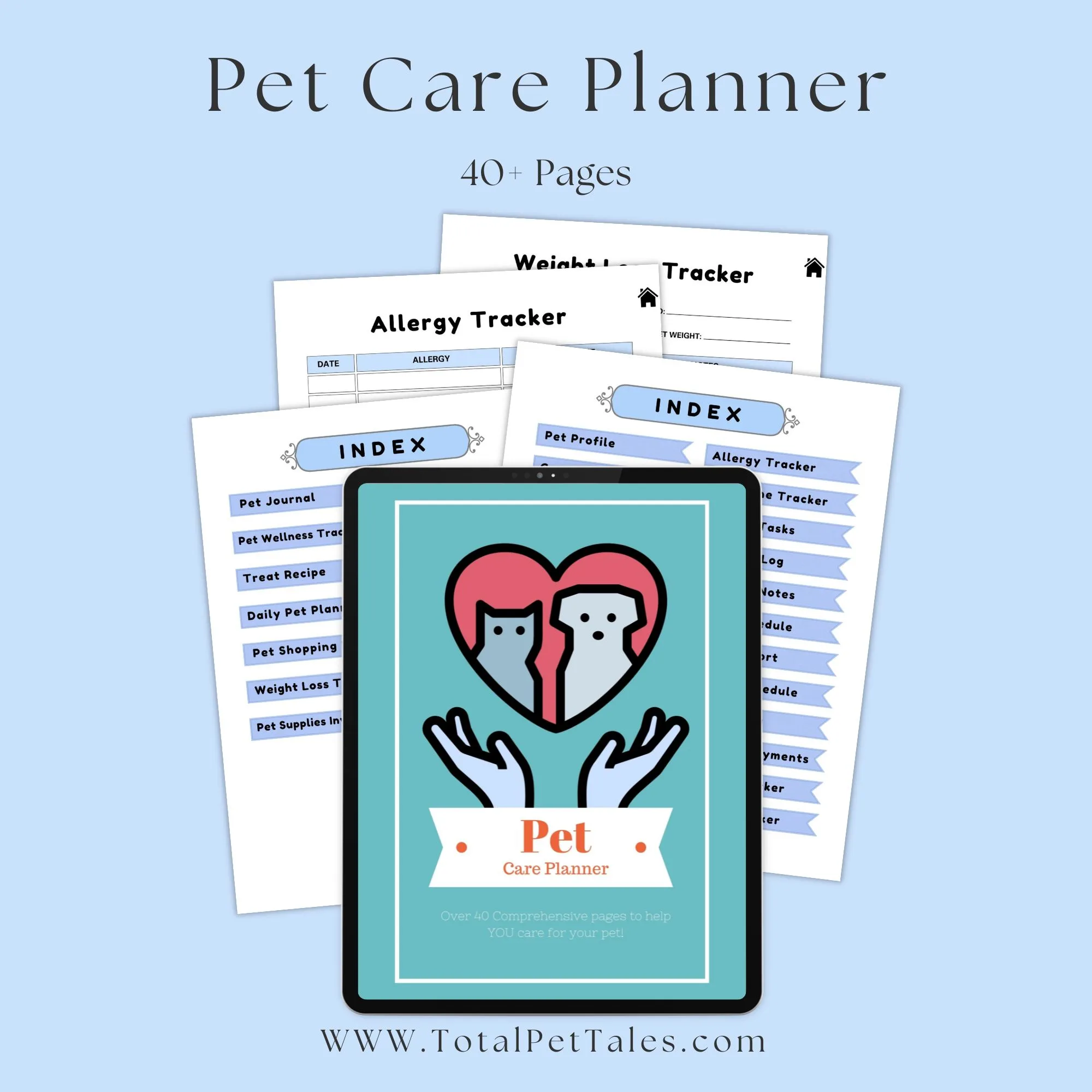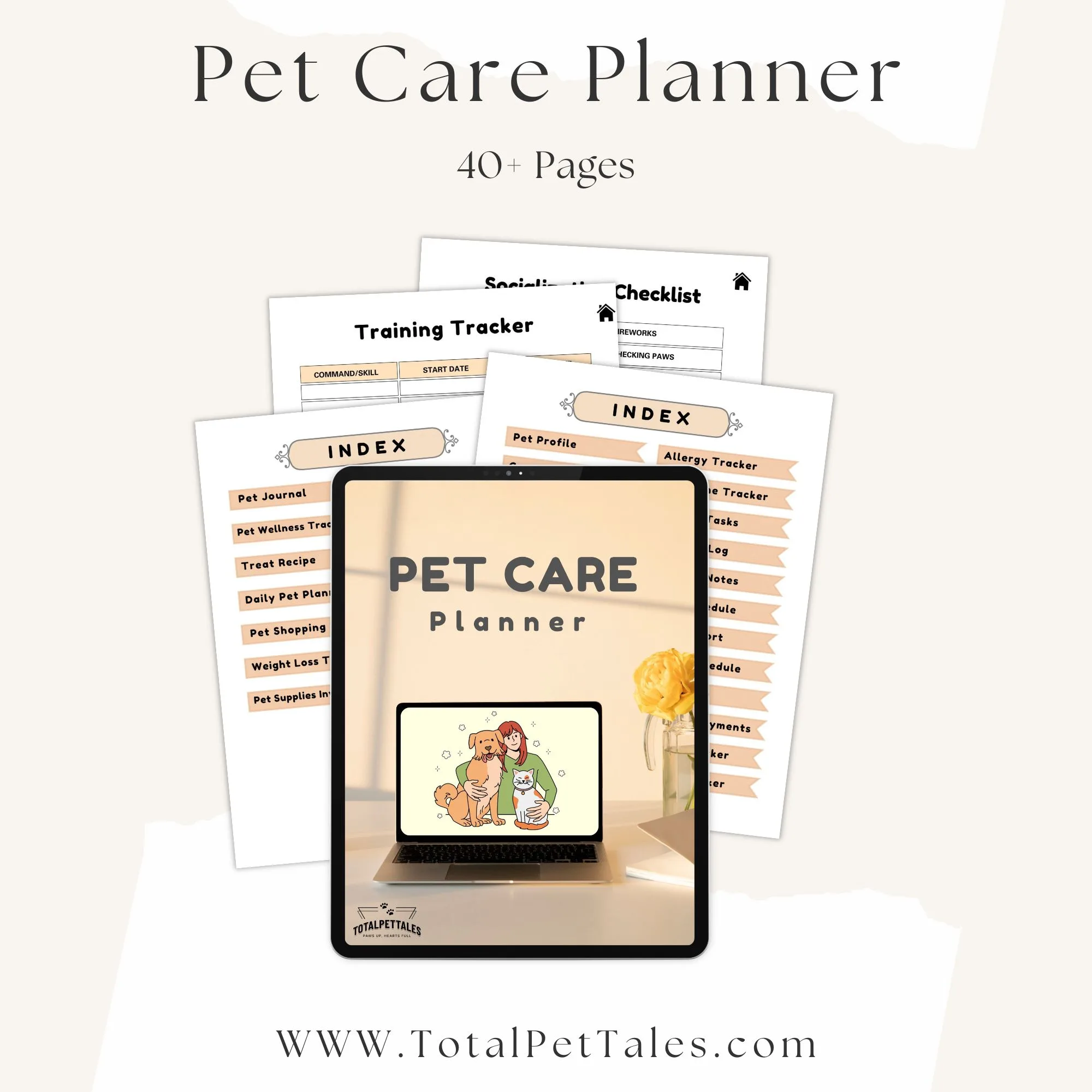Bulldogs, with their distinctive muscular build and a face that exudes character, have captured the hearts of many. Originally bred for bull-baiting, this breed has evolved into a gentle companion that embodies loyalty and courage. Despite their somewhat intimidating appearance, bulldogs are known for their affectionate nature and strong bond with family members. Their adaptability makes them suitable for various living conditions, although they do require specific care to address their health needs. Understanding the unique characteristics of bulldogs is essential for prospective owners to ensure these dogs lead a happy, healthy life. This guide aims to provide valuable insights into the world of bulldogs, from their history and temperament to care tips that can help you navigate the joys and challenges of bulldog ownership.
Key Takeaways
- Bulldogs are a unique breed with distinct characteristics, making them a charming choice for pet lovers looking for a companion with a strong personality.
- Their health requires careful attention, especially regarding their respiratory system and skin; regular vet check-ups are crucial.
- Living with a bulldog means adapting your home and lifestyle to suit their needs, including moderate exercise and a comfortable living environment.
- When considering adding a bulldog to your family, seek reputable breeders or adoption centers that provide health clearances and support for new owners.
- Bulldogs thrive on human interaction and are known for their loyalty, making them excellent family pets when their specific needs are met.
- Educating yourself on the breed’s requirements and characteristics will ensure a happy and healthy life for your bulldog, enhancing the bond between pet and owner.
Breed Overview
History
Bulldogs trace their origins back to ancient civilizations, where they were revered for their strength and courage. Initially bred for bull-baiting, a brutal sport where dogs fought bulls for entertainment, bulldogs were designed to be fierce and tenacious. Over time, as society evolved and such sports were banned, the bulldog underwent a remarkable transformation. By the 19th century, selective breeding had softened their aggressive nature, turning them into the gentle companions we know today.
Significant changes in appearance and temperament emerged over centuries. The modern bulldog looks quite different from its ancestors, with breed standards now emphasizing a friendlier demeanor. This shift reflects not just changes in human-dog relationships but also advances in understanding canine health and behavior.
Physical Characteristics
The bulldog’s physique is unmistakable: muscular build, broad shoulders, and a stocky frame signify strength and stability. Their distinctive facial features set them apart—pushed-in noses, deep wrinkles, and pronounced underbites are hallmark traits of the breed.
Coat colors and patterns vary widely among bulldogs, showcasing shades from fawn to brindle to pure white. These physical attributes contribute to the bulldog’s unique charm and appeal. Despite their tough appearance, bulldogs are known for their gentle eyes that reflect their friendly nature.
Personality and Temperament
Bulldogs have earned a reputation as affectionate, loyal family pets. Their calm demeanor belies a courageous heart; they are protective of their loved ones yet approachable by friends. Bulldogs thrive on human interaction and form strong bonds with family members.
Their sociability extends to children and other pets, especially when properly socialized from a young age. This makes them ideal companions for families looking for a pet that can blend well with different members and situations. Despite their somewhat intimidating appearance, bulldogs are gentle at heart and eager to please.
![]()
Health And Care
Common Health Issues
Bulldogs face several health challenges due to their unique physical structure. Respiratory problems are common, stemming from their brachycephalic features. This makes them prone to breathing difficulties, especially in hot weather or during excessive exercise. Hip dysplasia is another concern, affecting their mobility and quality of life. Skin infections can also occur, particularly in the folds of their skin if not cleaned regularly.
Regular veterinary check-ups are crucial for managing these conditions. They help catch issues early on. Owners must be vigilant about their bulldog’s symptoms of distress or discomfort. Awareness of overheating risks is necessary due to their susceptibility to heatstroke.
Dietary Needs
Obesity is a significant risk for bulldogs, making a balanced diet essential. Their food should support joint health and maintain skin condition. Essential nutrients include omega fatty acids and glucosamine.
Portion control helps prevent weight gain. Feeding high-quality dog food contributes to overall health and well-being. It’s important to choose products that meet their specific dietary needs.
Exercise Requirements
Despite their laid-back nature, bulldogs need regular exercise to stay healthy. Short walks and play sessions are sufficient to keep them active without causing overexertion.
Owners should avoid taking them out in hot weather to prevent breathing difficulties. Moderate exercise helps with weight management and supports cardiovascular health without putting too much strain on them.
Grooming
Grooming is vital for bulldogs, especially cleaning their facial wrinkles to avoid infection. Baths should be given as needed, using shampoo suitable for sensitive skin.
Regular nail trimming, ear cleaning, and teeth brushing are part of a comprehensive grooming routine. These practices keep them clean and reduce the risk of dental issues and ear infections.
Living with a Bulldog
Training and Socialization
Training a bulldog requires patience and consistency. Early socialization is crucial to curb any aggressive tendencies. This breed can be stubborn, but they are also intelligent and eager to please. This combination makes training both challenging and rewarding.
To achieve the best results, use positive reinforcement techniques. Bulldogs respond well to treats and praise. Their intelligence means they pick up commands quickly when motivated correctly. However, their eagerness to please is the key to unlocking their potential in training sessions.
Environment
Bulldogs are well-suited for apartment living due to their moderate size and exercise needs. They do not require a large yard but need a comfortable indoor space. The environment must be climate-controlled to prevent overheating, a common issue for this breed.
Creating a cozy resting area is essential. Ensure it has easy access to water, especially during hot days. Bulldogs enjoy lounging as much as they enjoy gentle play, so comfort is key.
Activities They Enjoy
Bulldogs love engaging in activities that keep both their minds and bodies active. Short walks are perfect for them, providing physical exercise without overexertion. Interactive play sessions can include games like tug-of-war or fetch with soft toys.
Puzzle toys are also great for mental stimulation. Bulldogs enjoy the challenge and the reward that comes with solving them. Companionship plays a significant role in their happiness, whether it’s human interaction or spending time with other pets.
Activities should cater to both mental and physical stimulation. This balanced approach ensures your bulldog remains healthy, happy, and engaged.
![]()
Breeder Advice and Adoption
Choosing a Breeder
When you decide to welcome a bulldog into your home, finding a reputable breeder is crucial. These breeders prioritize the health and well-being of their dogs. They conduct thorough health screenings and offer health guarantees for their puppies. This practice helps ensure that you’re bringing home a healthy pet.
It’s also wise to ask for references from the breeder. This allows you to connect with other pet parents who have previously adopted from them. Another key step is requesting to meet the puppy’s parents. Seeing them can give you insight into your future pet’s temperament and health.
The transparency of a breeder about potential health issues within the breed is essential. Bulldogs are known for certain genetic conditions, so a good breeder will be upfront about these risks. This honesty helps you prepare for any future healthcare your dog might need.
Adoption
Adoption offers a meaningful alternative to buying from a breeder. Many shelters and rescue organizations specialize in bulldogs and are looking for loving homes for these animals. Adopting an adult bulldog has its advantages, such as knowing the dog’s full-grown size, temperament, and any existing health concerns.
Before adopting, it’s important to prepare questions for the shelter staff regarding the bulldog’s history, current health status, and behavior. This information can help you understand how to best care for your new family member and integrate them into your home smoothly.
Adopting can also be more cost-effective than purchasing from a breeder. Moreover, it gives a bulldog in need a second chance at life in a loving home.
Top Dog Grooming Tools (Click Here)
Summary
Bulldogs offer a unique blend of companionship and loyalty, making them an ideal choice for many families. They require specific care due to their health challenges, but with the right attention and medical care, they can lead happy, fulfilling lives. Living with them brings joy and a sense of protection to their owners. It’s crucial for potential owners to seek reputable breeders or consider adoption to ensure they can provide a loving home for these dogs.
Choosing to bring a bulldog into one’s life means committing to its health and happiness. Prospective owners should prepare for this responsibility by researching and understanding the breed’s needs. Those interested in bulldogs are encouraged to reach out to local breed clubs or rescue organizations to learn more about adoption opportunities. Embracing a bulldog into the family not only enriches lives but also offers these remarkable animals a second chance at love and comfort.
Frequently Asked Questions
What is the lifespan of a Bulldog?
Bulldogs typically live for 8 to 10 years. Proper care and regular veterinary check-ups can help ensure they live a full, healthy life.
How often do Bulldogs need exercise?
Bulldogs require moderate exercise. A short daily walk and some playtime are sufficient to keep them healthy and prevent obesity.
What are common health issues in Bulldogs?
Common health issues include respiratory problems, hip dysplasia, and skin infections. Regular vet visits are crucial for early detection and management.
Can Bulldogs live in apartments?
Yes, Bulldogs can adapt well to apartment living due to their moderate energy levels and relatively small size, making them suitable for such environments.
What should I look for in a Bulldog breeder?
Look for breeders who conduct health screenings on their breeding dogs, provide a clean environment, and are transparent about their breeding practices. Ethical breeders will also ask you questions to ensure a good match.
Is it better to adopt or buy a Bulldog?
Adoption is a great option if you’re looking to give a Bulldog a second chance at a loving home. Buying from a reputable breeder is advisable if you’re seeking specific lineage or show-quality traits. Both options have benefits depending on your personal preferences and circumstances.
How do Bulldogs fare with children and other pets?
Bulldogs are known for their gentle disposition and tend to get along well with children and other pets when properly socialized from an early age. However, supervision during interactions is always recommended.






0 Comments